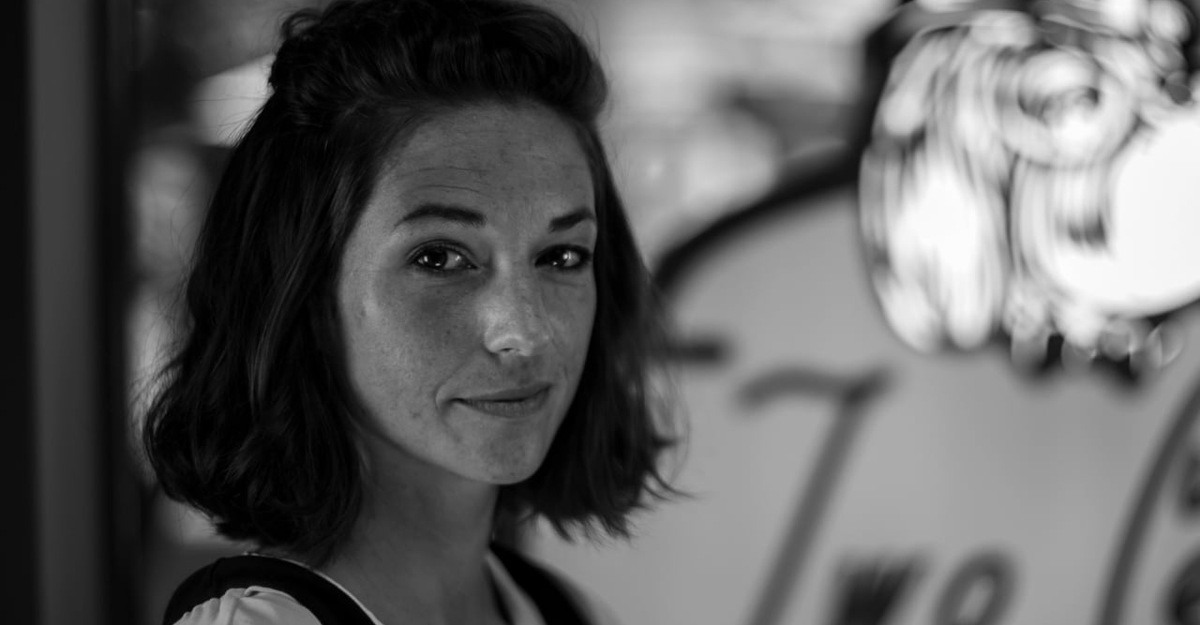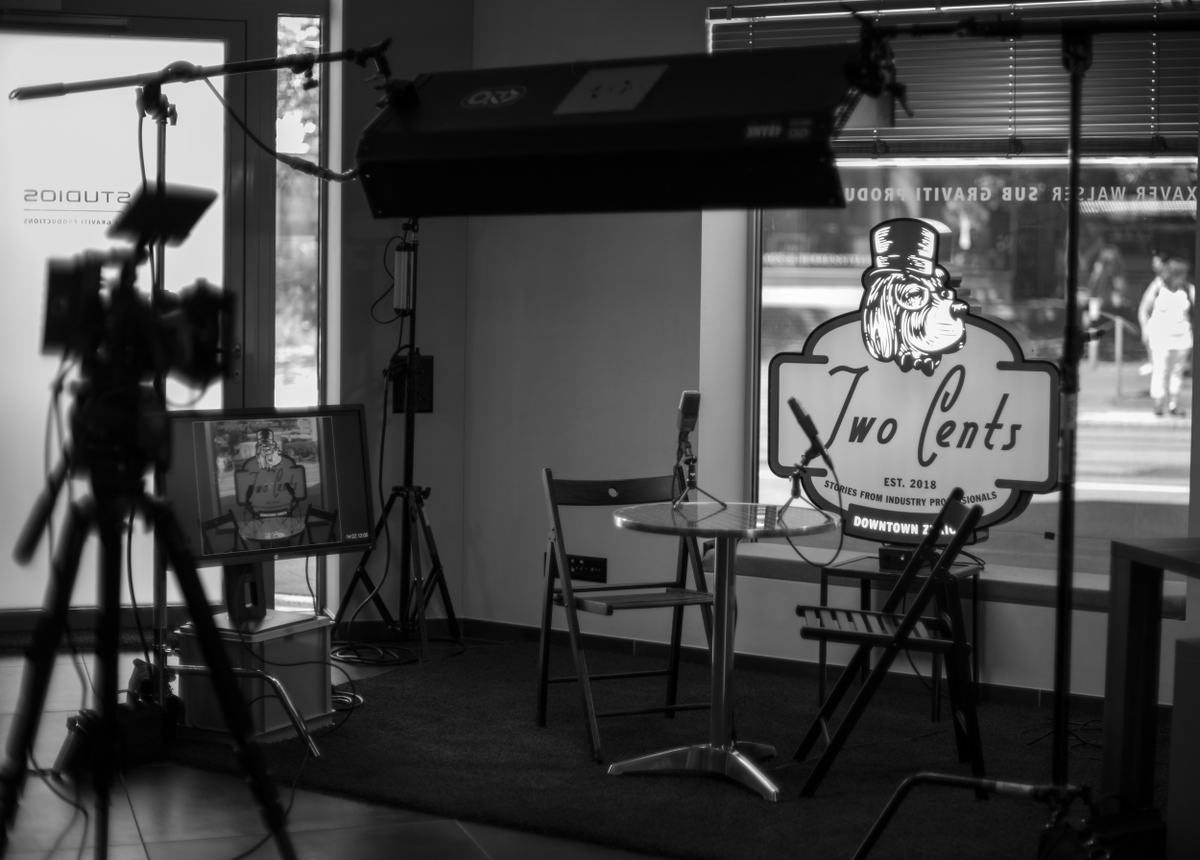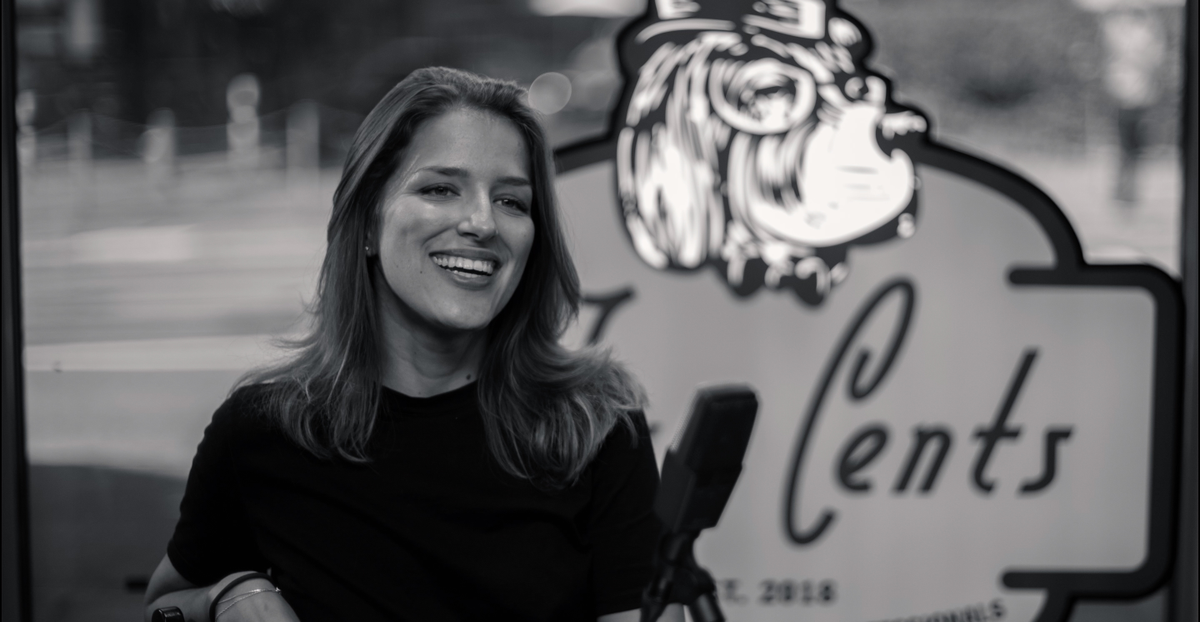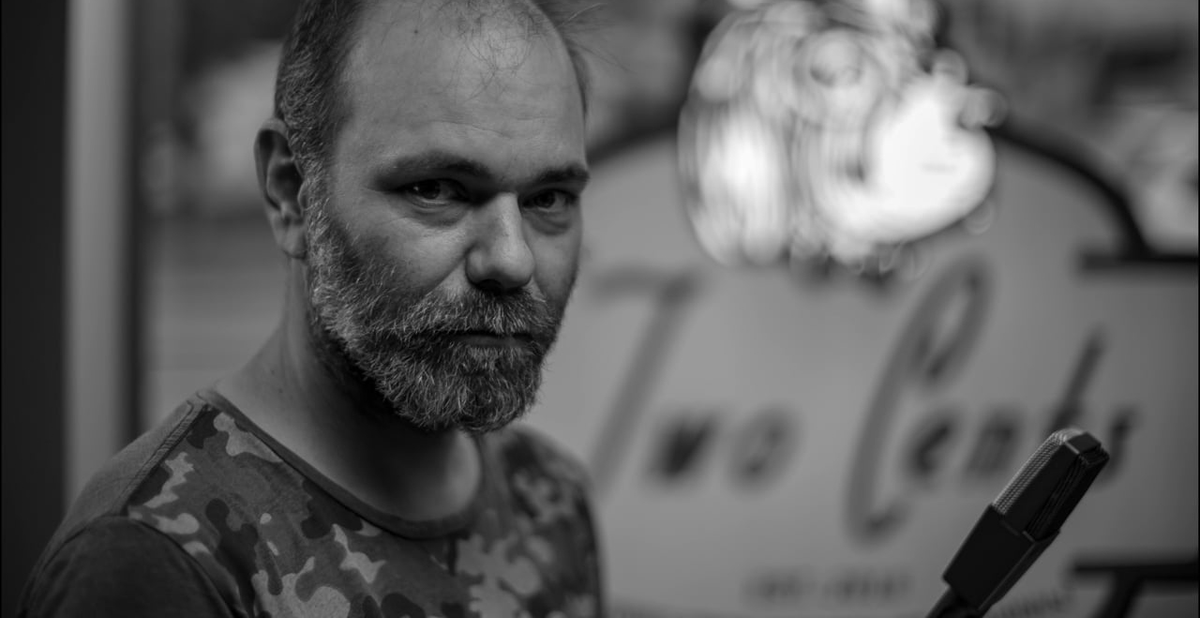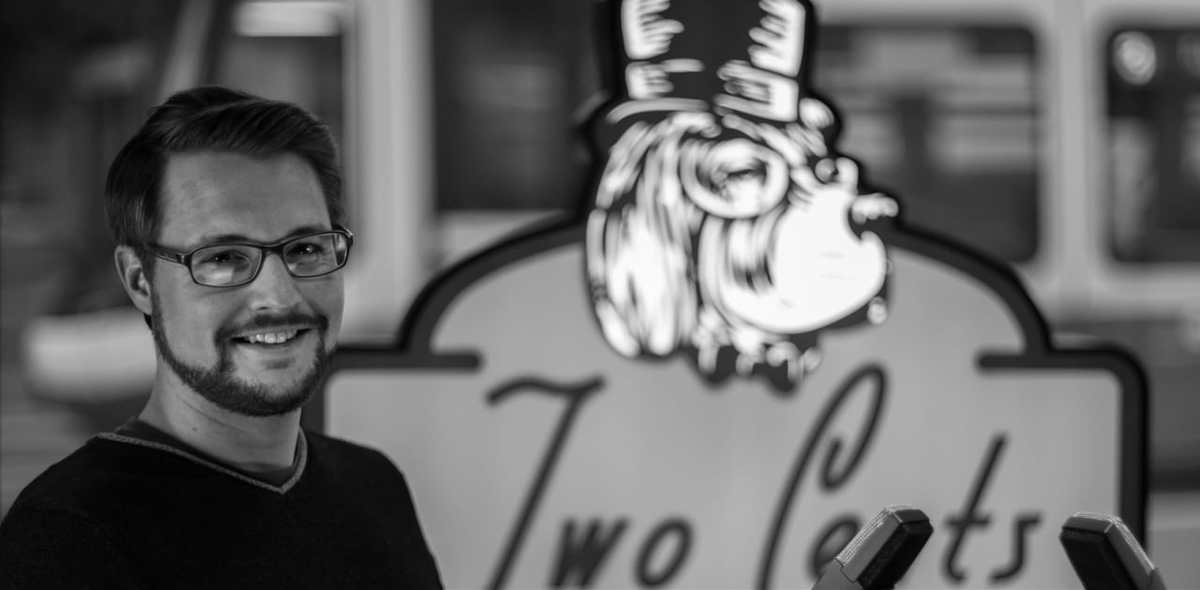Editor Sophie Blöchlinger, giving us her Two Cents on finding the good moments in an edit, opening doors to someone’s emotional world and trusting the process that came with experience.
Today’s guest is Sophie Blöchlinger, she is an editor and she works for all the major productions houses. She has done commercials for VW, IKEA, etc… So tell us what is the job of an editor?
The job of an editor comes after the monumental process of production with many people involved, putting effort in every detail. Then it all end up in my editing room. I start watching it. I try to feel the temperature, the paste, what it has and what it could be. I try to consider the initial eyes, ears and goals but mainly to really find the goods moments.
It’s about judging if a shot is aesthetically nice, if the light is good and working out. It’s most of all judging acting. I often ask myself “Would I say it like this if I would be in that emotion”. I try to find what I am attracted to and put it together.

Is it like a puzzle? Taking all the pieces together so that it become one piece?
That is basically the goal yes. To be something that carries the viewers away. It should create a world that takes you off the room where you are sitting in. It should make you feel that you want to go there and be there. It should show the unexpected. The viewer should never get bored or lose the emotional connection.
One part is to see what as been done and with what intention. The other part is to see what actually there, what worked out right and what maybe didn’t. Maybe discovered things that hasn’t been planned but they are very precious and beautiful. Then you need to put them in the right place so they can shine.
When you first get contacted for an edit, what are the first steps? Do you communicate with the director? Do you have a storyboard? Do you have a moodboard?
Usually, the first question I ask is what should that movie do? Where is it going to be screened? What should it sell? What should it tell? I get storyboards, screenplays, I talk to the director and try to feel I much freedom I have in my creative process. I far can I go? How brave are we at that point? Is there trust or fears, or something that went wrong on the set.
Sometimes I feel like you are being chosen as an editor because you come with a fresh eyes. Sometimes people are so close to it, that you come, you don’t necessarily understand completely but you have this fresh eye and it worth a lot.
That’s worth a lot yes. That is the reason why I would never be on set. I don’t want to see the things that go wrong there. I look at the footage and I don’t see it, I don’t see the problem.

On a technical side what do you do?
Most of the time I work with Proxies, which is a convert lighter version of the original footage because I work on the road sometimes or from home, especially with featured films. I can have a smooth edit technically, because a computer can not handle 100 hours of 4K footage.
I import it in one timeline where I have all my footage. I start to make a first selection where I just throw out everything that I don’t like. Then I do a second selection which is a “best of”. I look for faces where something happens that someone who watches this can connect to his own emotions. I look for aesthetic shots, something that is amazingly beautiful and perfect. And obviously, storytelling shots. Something that explains in one shot a profound basic of the story we want to tell.
Then I take them out into my first ruff edit and I try to find stuff around that helps those shots shine. It’s like putting them into the spotlight and see what do you need to get there, what do you need after this for processing, what will the viewer require to see after he has seen that.
When do you bring music into the edit?
That is about the moment. It’s a fact that at the end it is going to be a combination of visuality and music. I just try to use music that doesn’t have to much moments or things, just something flat. I don’t really want a beat because it subconsciously influences you to define the length.
Last but not least I have my “lost and found” sequence. When I don’t know how to make the next step or where to go, I go to my “lost and found” and I star to work with these shots. Then I make a first sequence, “edit rough 001” where I put those shots and I go to my selection tool to see where do I have other shot to put around them, what do they need to package them, to be the best whatever they can be. I put that together and watch it many times.
Usually I call it “day 3”, it is not always day 3, but that is when I have my difficult day. It’s when you leave the office in the evening and you think “ I don’t know what to do”… Then comes the days, they go to the place they belong and that is my absolute preferred moment in my job. Now i have the experience and I know that moment will happen. I don’t have to force it, I just have have to sit there, watch it all over again, move it a little bit around and it will clic.
You personal incall to an edit, regardless of what the director says, what would you like an edit to be like? Should it be like a dance? Flow in one? One unit? What is your perfect scenario in an edit?
At the end I think what any movie, whatever form it has, a commercial a featured film, it should open doors to someone’s emotional world. I think to many edits underline the fact that someone did that. One last step you should open the clip again, throw things out, the really last past is always “kill your darlings”, because you see where it went. I had big moments with watching movies and remembering what is actually important in my life and that I have maybe lost along the way. I had thing happening to me I couldn’t cry about and suddenly I watch something and, I don’t think I cry out of empathy for that person, I think I cry because it gives me a connection to process something that I couldn’t. The goal it to connect the viewer to himself. That’s why I watch movies.
If you could inspire a young person that would like to be an editor, what you that be? What are some tips to be successful?
I think you have to know who you are, where you come from, what you are good at and trust that feeling. I spend one day in an editing room and in the evening I walked out of it and I called my mum and said “That’s it! I am going to be an editor! And I am going to be it. I don’t know when, it might take time, but it’s really out of the question if I am going to be it or not. It will happen, that is what I am really sure of“.
Sophie Interviewed by Xaver Walser


